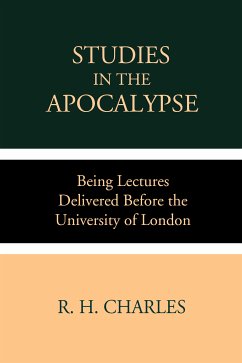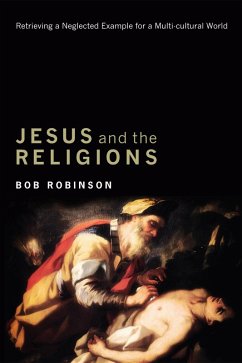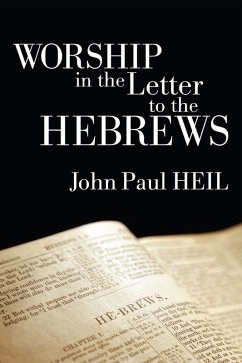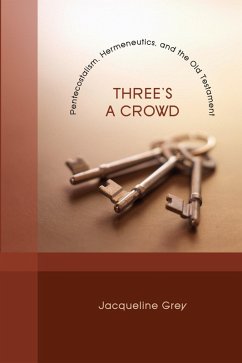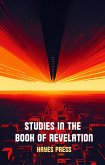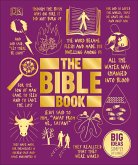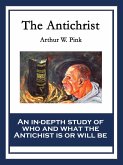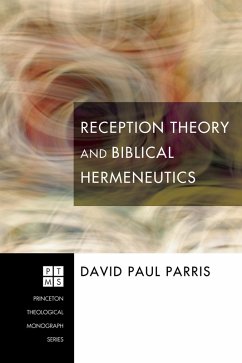The present writer was chosen to be the first of the home scholars.
The lectures, which were four in all, and were delivered in May this year, have been slightly expanded, and, with a view to the better arrangement of the material, been divided into five chapters. Their original form as lectures has, notwithstanding some disadvantages, been retained.
The first two chapters make no claim to originality. They are simply a very short history of the interpretation of the Apocalypse from the earliest times.
An attempt is made by the omission of details to show so far as possible the real advances in interpretation that were made in the growing centuries. Since, however, greater contributions have in this respect been made within the last forty years than in all past exegesis, larger space has of necessity been devoted to this period.
Also, for the convenience of the reader, an Appendix has been added, in which the critical analyses of the chief scholars of the Apocalypse are given.
To furnish such details in lectures would have been impossible.
The real contribution of the present work, so far as it is a contribution, is to be found in the last three chapters. In these the author has set forth some of the conclusions which he has arrived at in the course of a prolonged study of the Apocalypse and the literature to which it belongs. That these conclusions are in the main valid he is fully convinced, though in detail they may require occasionally drastic revision. Apart from these he holds that much of the Apocalypse must remain a sealed book.
R. H. Charles.
CrossReach Publications
Dieser Download kann aus rechtlichen Gründen nur mit Rechnungsadresse in A, B, BG, CY, CZ, D, DK, EW, E, FIN, F, GR, H, IRL, I, LT, L, LR, M, NL, PL, P, R, S, SLO, SK ausgeliefert werden.

